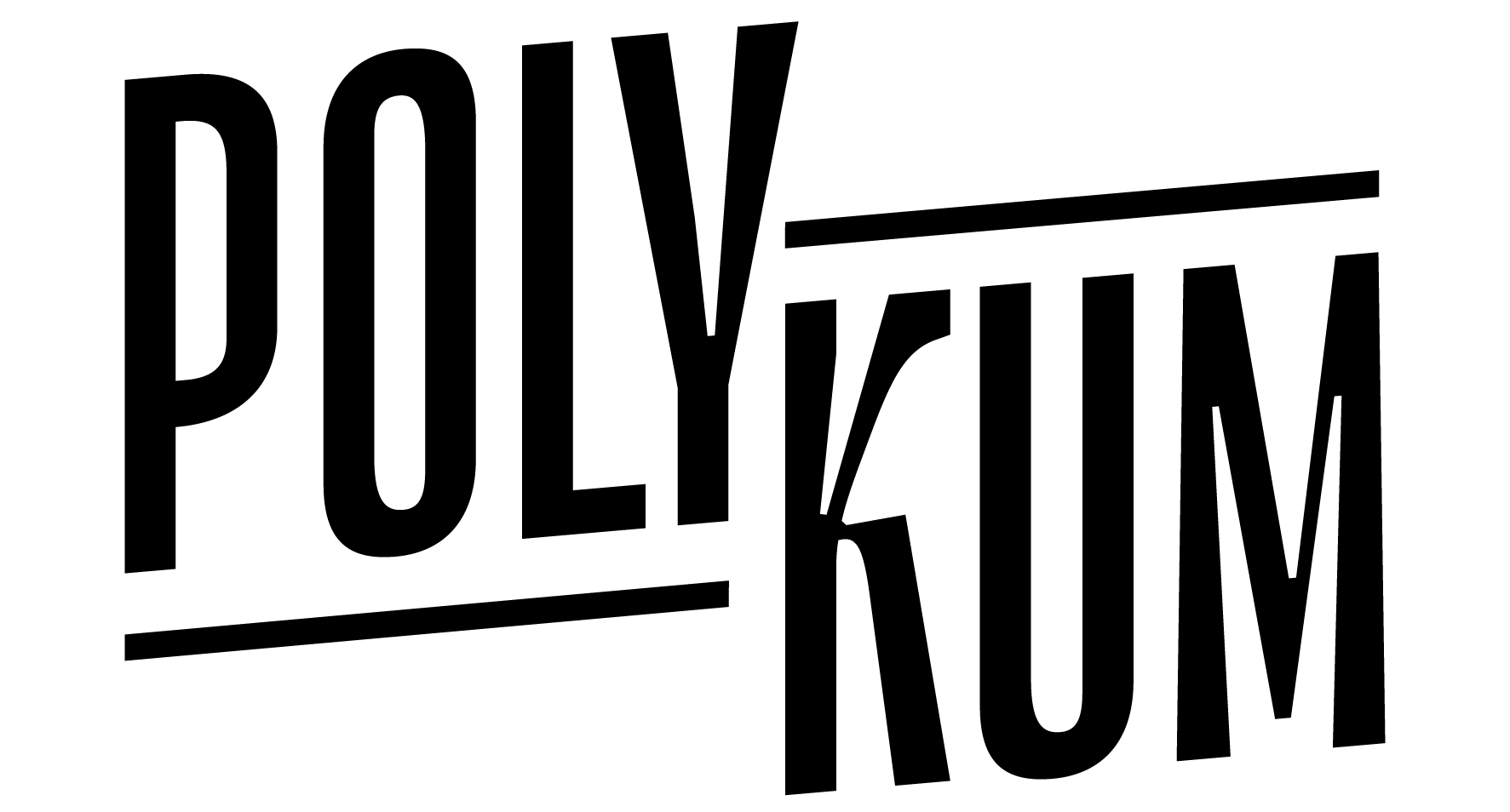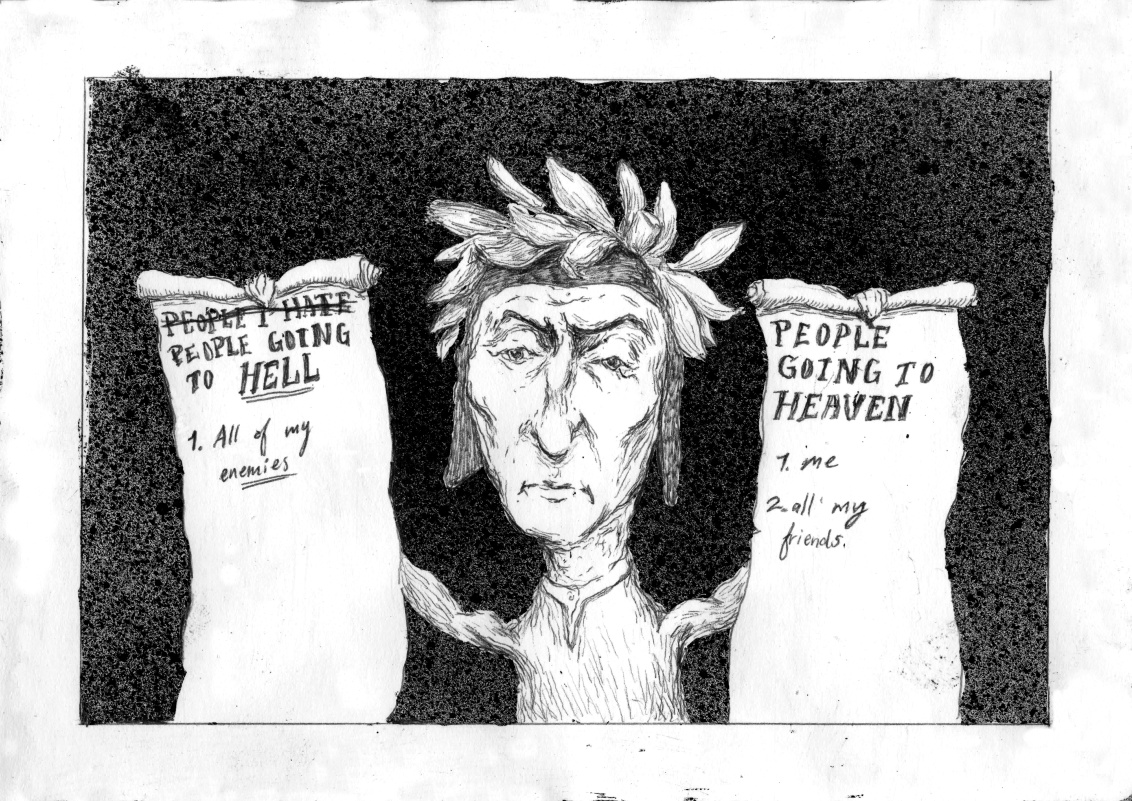About 1.5 to 2.0 million years ago, the first ancestors of Homo sapiens managed to preserve the remains of a natural fire and use it as a campfire. About 300 000 years ago, these ancestors then were using it on a daily basis. Now they were able to light up the night, keep predators away and even chase them. A huge success. Carefully managed, fire could even turn impassable forests and regions into prime grassland. Then, about 32 000 years ago, man started using flintstone to start fires. This enabled him to elicit a flame whenever he wanted and made it easier to survive even in cooler climates like Siberia, Northern Europe and the sometimes snowy, mountainous Switzerland.
Cooking
The best thing that fire made possible was cooking, as the historian Yuval Noah Harari states. Foods that humans cannot digest in their natural forms, such as wheat, rice and potatoes, became basic foods. Fire not only changes food’s chemistry, but also its biology. Cooking kills germs and parasites that infested food. Humans also had a far easier time chewing and digesting old favourites such as fruits, nuts and insects if they were cooked. In contrast, chimpanzees, for example, spend five hours a day chewing raw food, while a single hour suffices for people eating cooked food. Some researchers argue that there is a direct link between the advent of cooking, the shortening of the human intestinal track, and the growth of the human brain. Since long intestines and large brains are both massive energy consumers, it’s hard to have both. In this way, fire shaped our biology and had a huge influence in humans becoming the species we are today.
Living together
The oldest flintstone found by archaeologists in the Vogelherd Cave in Baden-Württemberg, Germany, was located in the same valley as the first objects that can be reliably called art: a lion-man or lioness-woman found in the Stadel Cave. Both objects date back to about 30 000 years ago. Is this just a coincidence? The art objects found show a human body with a leonine head. This demonstrates the ability of the human mind to imagine things that do not really exist. Most myths, ideas or imaginations that connect people don’t exist physically, for example law and justice. Most people believe in both and it connects them, but none of these two things is a physical object. Many other ideas like these give us Homo sapiens the possibility to cooperate flexibly in large numbers and overcome the maximum ‘natural’ size of a group, which is numbered to about 150 individuals. This is why we can live in big cities like Zurich, where a huge amount of people lives close to each other. The fact that these abilities were developed right around the time when fire was first tamed, gives us a further hint as to its importance for the development of our culture.
Materials and tools
In the following millennia, humans developed a myriad of ways to use fire to improve their life conditions. Hardening of materials like clay got much easier by controlling fire. Thereby food, fluids and private possessions could be stored much better. Metals could now be melted and brought into the right form, be it to shape a weapon or a hinge for doors. The tools that could be created this way had such a huge influence on the human development that long periods, like the Bronze Age, were named after them. And much later, we used fire to generate steam, and the steam engine then became the driver of industrialisation in the 19th century. Without fire, none of these achievements would have been possible.
Hell
As fire became more and more an integral part of daily life, it also shaped our myths and imaginations. Hell wouldn’t exist without fire. This place is seen by many religions as an inhospitable, otherworldly and certainly hot place of punishment for deeds committed in this world that are considered forbidden by the respective faith. Forms of belief in this concrete concept already existed in ancient Egypt or Persia.
From the Age of Enlightenment to the present, however, religions mostly have a difficult standing and with it the belief into distinct places like hell after death. People of the 20th and 21st centuries start to look for their own solutions. Still, sometimes one wishes, like the Italian poet and philosopher Dante in the drawing, that hell would exist for people with whom one has some problems.
Despite all the positive effects of fire, it also has a lot of dangers and destructive power – it can create hell on earth, so to speak. This is how the monks might have perceived the Vikings when they raided their monasteries and burned the knowledge written down in tedious handwork over the course of centuries. The chase of “witches” in the Middle Ages needed fire, just like the burning of books by people of other faiths. In war, the scorched earth policy (destroy and burn down everything before you leave) is very common in order to not leave the enemy any vital equipment. This all shows the ambivalence that fire also possesses.
Social meetingplace
Nowadays in modern apartments burns mostly the artificial fire, the light intensity of which can be changed with a switch. The light bulb has replaced candles (except for romantic dinners) and the domestic fireplace. Still, fire has some purpose today. For example, when oil and gas are running low and winter is approaching, some people make a renewed effort to have some logs in front of the house.
And especially as a social meeting place, there are few things more beautiful than a burning fire. Be it in the scout troop, on the beach with a guitar, during a barbecue in the garden with neighbours or friends, or during long winter evenings. It triggers a deep sense of well-being, relaxes and gives us peace.
Nikolaus von Moos, 24, MSc Health Science and Technology, likes the lessons history teaches us.

